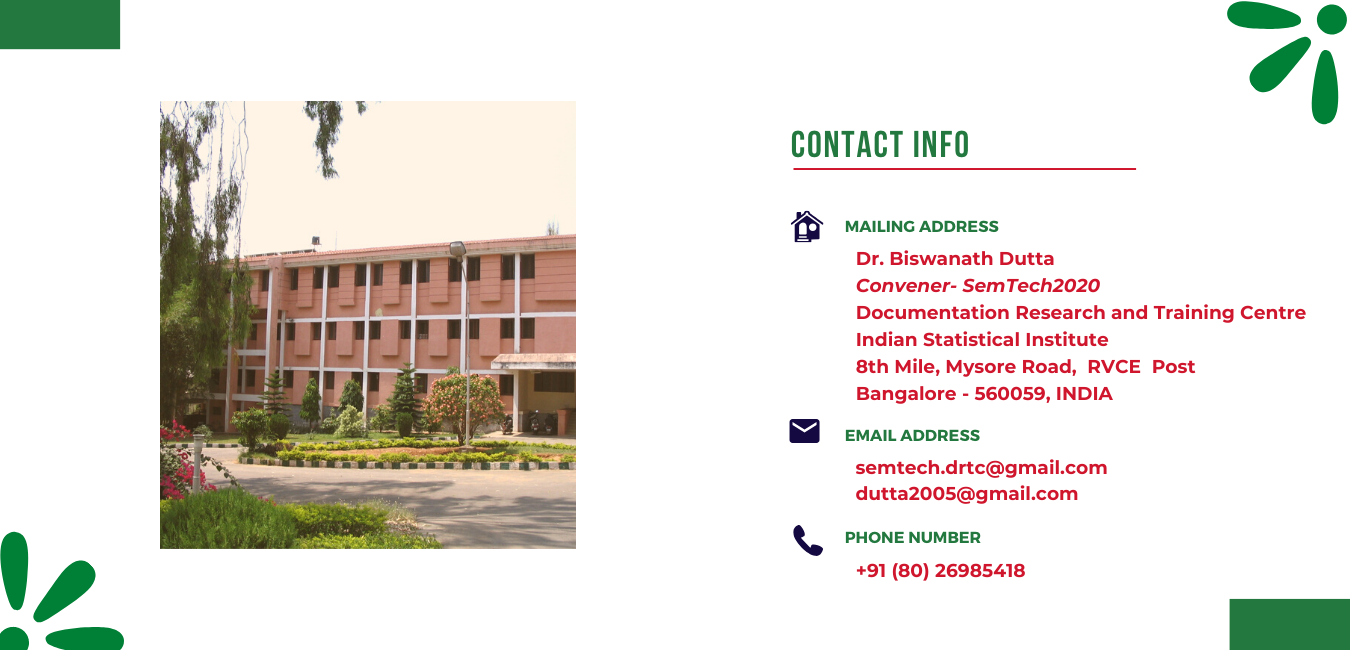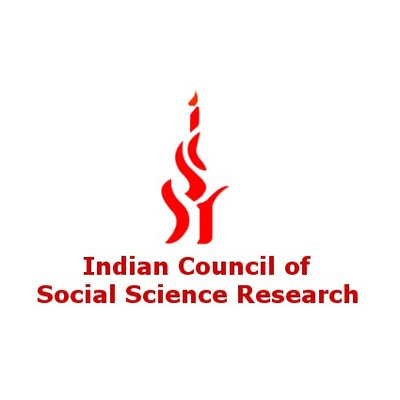The maximum number of participants is restricted to 30.
About the Workshop
Data is the basic unit of every information communication and dissemination activity. It is the single most important input for every informed decision and policymaking (societal, scholastic, political, economic, etc.). However, the huge amount of available data including experimental data, sample data, survey data, library data, census data, etc., are not being used to their fullest potential as much of the data being saved and accessed via computers is primarily designed for human use and consumption and is not really amenable for machine processing. The need is to transform the data into a machine-processable format so that it becomes amenable to software interpretation, reasoning, inferencing, doing analytics, and question answering (e.g., find me all those works of Rabindranath Tagore that have been translated into other languages.). The techniques and technologies developed within the Semantic Web (SW) and Linked Data (LD) research community will enable us to achieve this.
The main purpose of this five-day workshop, organised by Documentation Research and Training Centre , Indian Statistical Institute, SemTech2020 is to provide hands-on training (learning by doing) on the state-of-the-art semantic technologies, tools, and mechanisms (e.g., Ontology, Linked Data, RDF, RDFS, OWL, SPARQL, SWQL, Data integration) in representing and publishing data and information on the Web for their effective management and use by both machines and human beings.
The ultimate objective of SemTech2020 is to build quality and skilled human resources. Although the information community acknowledges the significance of SW and LD technologies and techniques in representing and publishing data and information in designing intelligent information systems and services, there have not been any significant efforts within the community to conduct intensive training programmes to develop skilled manpower in this important and emerging area. SemTech2020 is an effort in this direction.
Who Should Attend and Why?
The SemTech2020 is designed for researchers, practitioners, and professionals dealing with data and information cutting across domains and disciplines from both the academia and industry. The following are some of the skills that the attendees would acquire on completion of the Workshop. The workshop will enable the participants in learning the procedure of:
- producing knowledge artificats (ontology);
- producing data in multi-machine-readable formats with minimal effort;
- mixing data collected from various sources in different formats;
- integrating the data with the knowledge artifacts giving meaning to data;
- producing data in machine-processable formats that can be used by AI (Artificial Intelligence) systems for doing smart jobs (e.g., reasoning, decision making);
- LD creation and publication on the Web;
- data sharing and communication with the scientific community.
NOTE - It is expected that the participants will have basic knowledge of the following:
- HTML
- Excel
- XML (will be a plus)
Topics
- Knowledge Graph
- Data modelling
- Ontology design
- SW Tools and Technologies (e.g., RDF, RDFS, OWL, SPARQL)
- Findable, Accessible, Interoperable and Reusable (FAIR)
- Knowledge Graph Application
- Ontology-based repositories, services
- Data Carpentry
- Data Integration
- Linked Data
- LD Publication and Access
- Data Visualization






